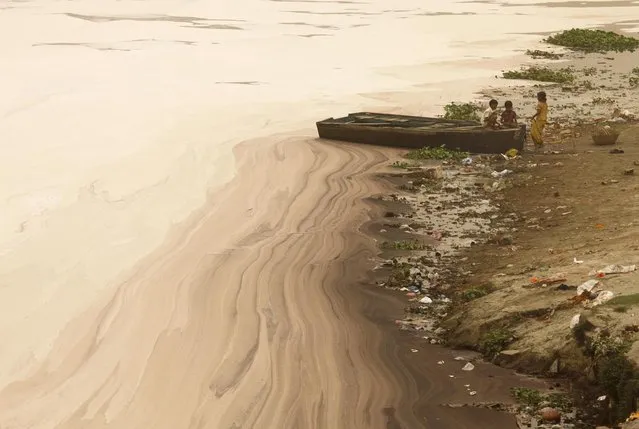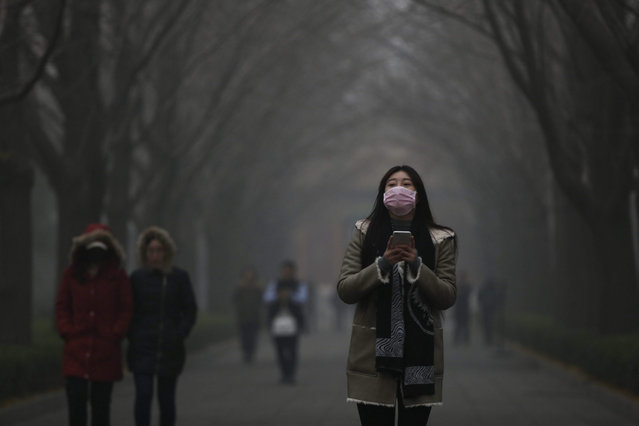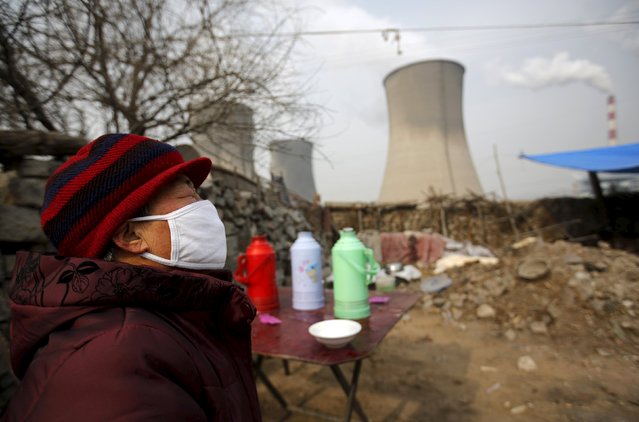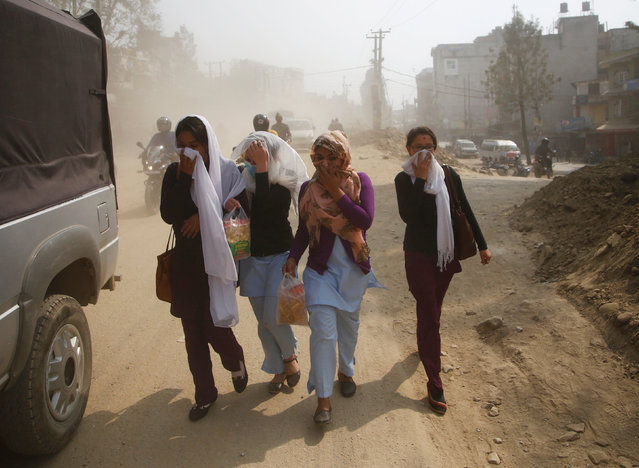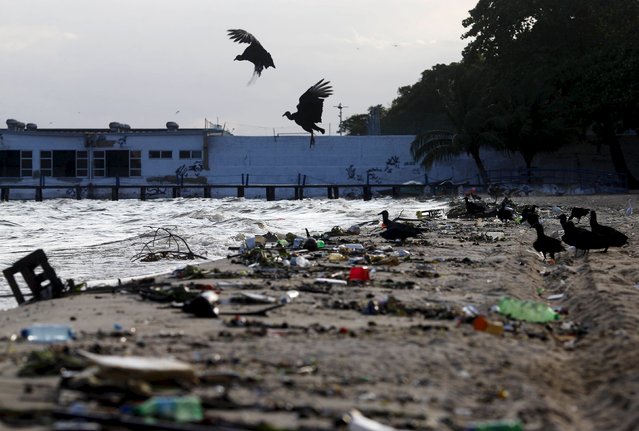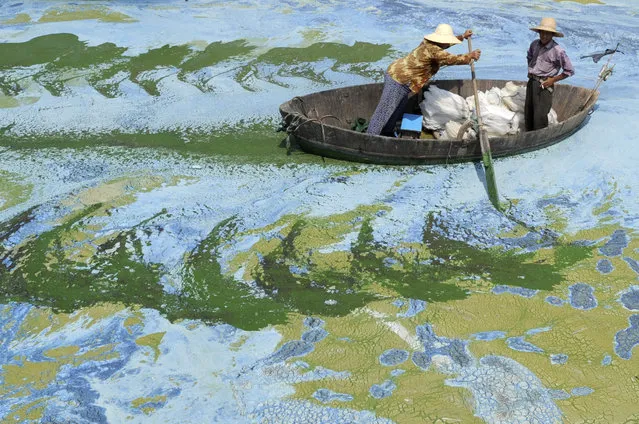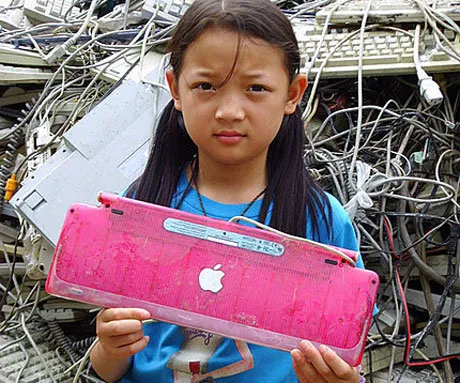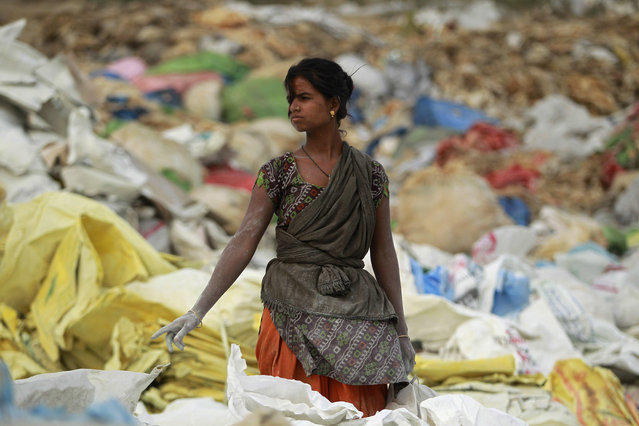
An Indian rag picker collects plastic bags at an industrial area on the outskirts of Jammu, India, Tuesday, June 5, 2018. The U.N. says government bans on plastic can be effective in cutting back on waste but poor planning and follow-through have left many such bans ineffective. (Photo by Channi Anand/AP Photo)
08 Jun 2018 00:01:00,post received
0 comments

